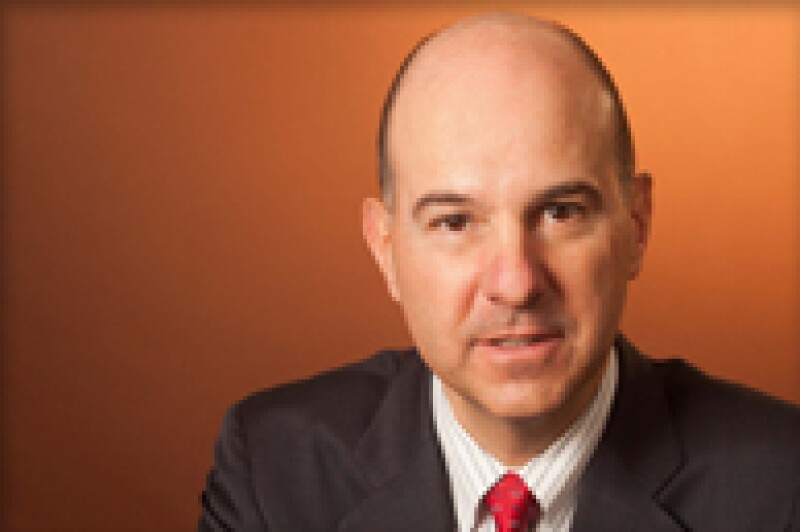
In a session moderated by Teresa Stanek Rea of Crowell & Moring, panelists raised concerns about how 101 was being distorted by recent court decisions such as Alice and Myriad.
“For any institution, individual or university that is making very large high risk investments in emerging areas of technology, having an appropriately broad scope for section 101 is critically important and it has been historically,” said Qualcomm’s Laurie Self.
Self said the initial threshold test of whether an invention is eligible subject matter for patent protection should be a coarse filter. “Unfortunately the Supreme Court keeps moving 101 in a direction that increasingly seems to conflate 101 analysis with the statutory criteria of 102 or 103 or 112. That’s really problematic for R&D intensive industries and organizations in this country.
“The good news is that, at least in our sector, the Supreme Court did not create a categorical ban for subject matter eligibility for so-called software related patents. But it keeps flirting with this notion of a categorical ban and that is problematic.”
Self added that another challenge in the current dialog over 101 is the tendency to invoke 101 to address concerns about so-called trolls. She also has concerns about confusing software patents with business method patents. “That is dangerous for our system. Quality issues are best addressed through the statutory criteria, not through 101, but we do see the Supreme Court confusing these issues in a way that create uncertainty,” she said.

David Kappos of Cravath Swaine & Moore, and former director of the USPTO, agreed, noting that it relies on a statutory requirement that was never meant to do the heavy lifting.
“It encourages 101 to become the answer to every question about the patentability of inventions, and it takes what was always meant to be a very coarse filter – the filter that should apply at the very end as a backstop – and makes it into a much more granular filter that is trying to lift more than it possibly can.”
He continued: “If there was any mistake made in the AIA, it was to leave 101 as 101. We should have moved it to 999! Leaving it as 101 encourages courts and others to get confused and think it’s the first thing they need to look at.”









